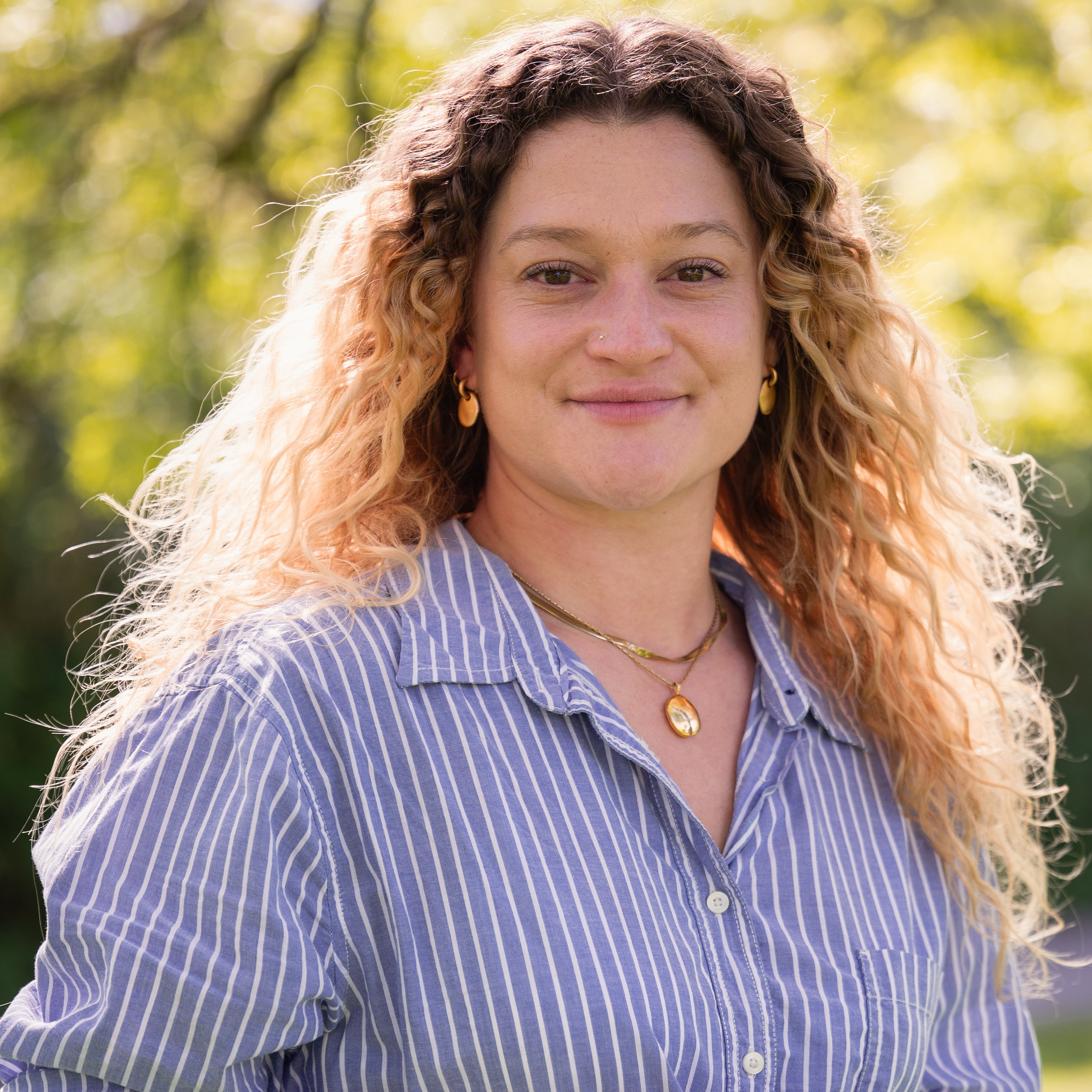UK government faces major backlash from creative industries against its plan to “turbocharge” AI across the country
The Creative Rights in AI Coalition has been formed by over 50 organizations representing the creative industries to safeguard copyright

Earlier this week, the UK government announced that artificial intelligence “will be unleashed” across the UK to “turbocharge growth and living standards.”
According to the UK government, this ominous statement includes fifty measures and "three main pillars that will lay the foundations for “AI to grow, boost adoption in existing private and public sectors, and keep the UK ahead of the pack internationally.”
The plan also promises “£14 billion [around $17 billion / AU$27 billion] and 13,250 jobs committed by private leading tech firms following the AI Action Plan.”
The three pillars are:
- Laying the foundations for AI to flourish in the UK
- Boosting adoption across public and private sectors
- Keeping us ahead of the pack
The government hopes that its 50 measures will “make the UK irresistible to AI firms looking to start, scale or grow their business,” adding that “the UK occupies a unique place in the world. We can learn from the US’s and EU’s approach – delivering the dynamism, flexibility and long-term stability that we know businesses want.”
Prime Minister Kier Starmer said: “Our plan will make Britain the world leader. It will give the industry the foundation it needs and will turbocharge the Plan for Change. That means more jobs and investment in the UK, more money in people’s pockets, and transformed public services.”
While this government rhetoric is doing its best to convince us that this is the best thing for everyone involved, by bandying around the big bucks and job opportunities, the creative industries beg to differ.
Get the Digital Camera World Newsletter
The best camera deals, reviews, product advice, and unmissable photography news, direct to your inbox!
The newly formed Creative Rights in AI Coalition (CRAIC) – made up of over 50 organizations representing the creative industries – is an alliance of photographers, writers, artists and performers, concerned about the unlicensed use of their material.
CRAIC includes organizations such as Getty Images, the Motion Picture Association, the Associated Press, the British Copyright Council, the Creators’ Rights Alliance and the Association of Photographers (AOP).
The crux of the issue – and the source of a considerable amount of confusion – is Starmer’s apparent move to take advantage of Brexit (the UK's exit from the European Union) by enabling the country to set its own rules surrounding copyright, followed by a proposal to copy the EU’s new and undefined AI laws, including its “opt-out” approach to copyright that it's still struggling to define.
ABOVE: See Starmer's AI plans laid out
The AI Opportunities Action Plan glosses over what should be a basic requirement to protect intellectual property rights, charging ahead with a skeleton plan that could well see the industry cannibalizing itself.
The plan aims to tackle the “uncertainty” around the current UK text and data mining tactics, to which the CRAIC responds:
“There is no ‘uncertainty’ in the UK text and data mining regime: it is clear that UK copyright law does not allow text and data mining for commercial purposes without a license. The only uncertainty is around who has been using the UK’s creative crown jewels as training material without permission and how they got hold of it, making transparency provisions vital.”
The AOP also released its own statement to what it called “Labour's controversial AI plans” saying: “The Association of Photographers calls on the UK government to consider providing a positive choice for creators rather than the grim reality of displacement that they will inevitably face if plans for reform are enacted.
“Instead of calling for legislative reform and unleashing the unintended consequences of enabling certain big tech AI developers to capitalize on our creators' cultural assets – including our photographers' world class still and moving images – we ask government to recognize that positive choice doesn’t require changing our 'gold standard' copyright law, it requires upholding the law to support economic growth for creators.
“As the public, we are expected to pay for our gas and electricity, with penalties for not doing so. Therefore, why isn't the starting point of any new AI development opportunity proposal to compensate creators whose works have been commercially exploited to develop generative AI, such as offering them a dividend? This needs to be resolved first.
“Ethical AI development can and does happen in the UK without the need to relinquish control, or transfer economic value, to overseas corporations, otherwise we really will be AI and creative 'takers' rather than AI & creative 'makers'.”
You might also like…
AI got you down? Why not go back to basics and take a look at our guides to the best film cameras, and the best 35 mm film.

After graduating from Cardiff University with an Master's Degree in Journalism, Media and Communications Leonie developed a love of photography after taking a year out to travel around the world.
While visiting countries such as Mongolia, Kazakhstan, Bangladesh and Ukraine with her trusty Nikon, Leonie learned how to capture the beauty of these inspiring places, and her photography has accompanied her various freelance travel features.
As well as travel photography Leonie also has a passion for wildlife photography both in the UK and abroad.

